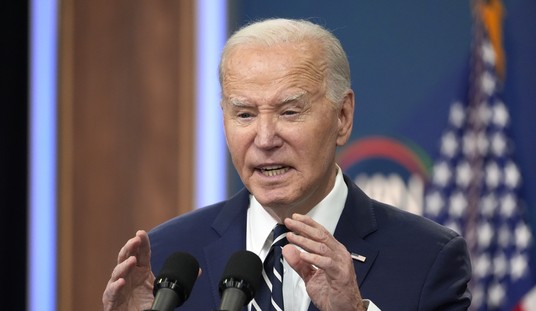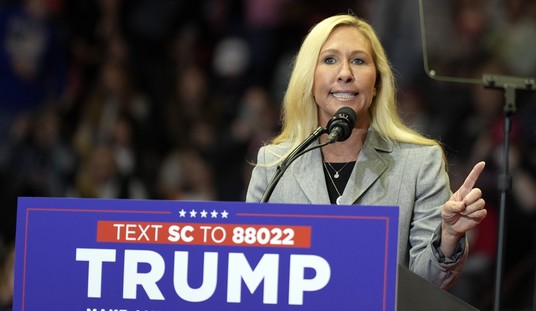
On November 17, 2017, a clock began ticking. The Consumer Financial Protection Bureau published its onerous Payday, Vehicle Title, and Certain High-Cost Installment Loans Rule, also known as the Small-Dollar Loan Rule, into the Federal Register thereby starting a 60-day clock for Congress to act and stop the harmful rule.
Under the Congressional Review Act of 1996 (CRA), Congress may disapprove of a broad range of regulatory rules issued by federal agencies by enacting a joint resolution of disapproval, the only limitation being that Congress can only utilize the CRA within 60 legislative days of notification. With more than 10 days expiring since Congress was notified of the Small-Dollar Rule, Congress must act quickly to stop this rule.
Acting CRA Director Mick Mulvaney has said he “would support the Congress moving forward with the CRA.”
If it isn’t stopped, this rule will shutter thousands of businesses across America and leave the more than 30 million Americans who rely on these crucial financial products each year without access to credit. Without these products, many Americans will be left with no choice but to turn to unregulated lenders, bounce checks or pay bills late.
As the Wall Street Journal has opined, prohibiting these loans only hurts the very people the rule was allegedly intended to help:
The CFPB on Thursday finalized its rule regulating the pay-day market. These short-term loans are typically for less than $500 and carry fees of $15 per $100 borrowed. Many low-income Americans use them to pay for emergencies or bills that are due between paychecks… These restrictions may seem well-intended, but they in effect allow loans only to unprofitable customers with good credit and prevent lenders from taking recourse against borrowers who don’t pay their bills. As a result, many Americans will lose access to an important source of emergency cash.
What’s worse, this rule has been a solution in search of a problem from the get-go; an issue chosen by former CFPB Director Richard Cordray to advance his own liberal political agenda. Thanks to the crafty language of Dodd-Frank, his power and his agency were left unchecked and afforded no congressional oversight — until now.
Congress can finally reign in the CFPB with the use of the Congressional Review Act and exercise its oversight authority over this out of control agency. A CRA joint resolution of disapproval to stop the Small-Dollar Loan rule has been introduced in the House and should swiftly be debated, brought to a vote, and sent to the Senate. After six years of regulatory abuse by the CFPB, will Congress finally act?














Join the conversation as a VIP Member